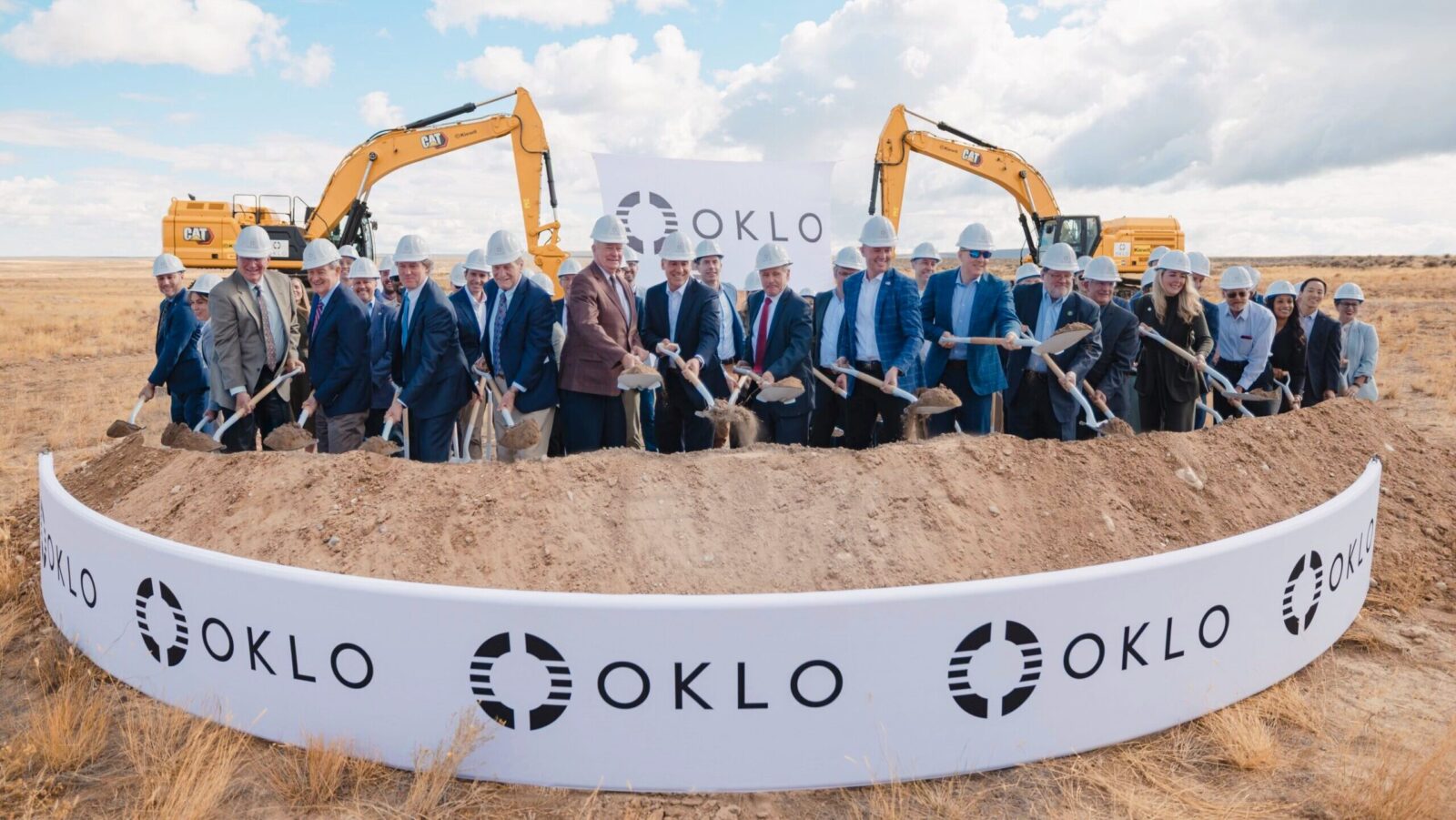Industries
Get More Than News. Get Insights.
Our daily email brings you smart and engaging news and analysis on the biggest stories in business and finance. For free.
-
Is Nuclear Startup Oklo Losing (Market) Power?

Photo via Oklo
Our daily email brings you smart and engaging news and analysis on the biggest stories in business and finance. For free.
